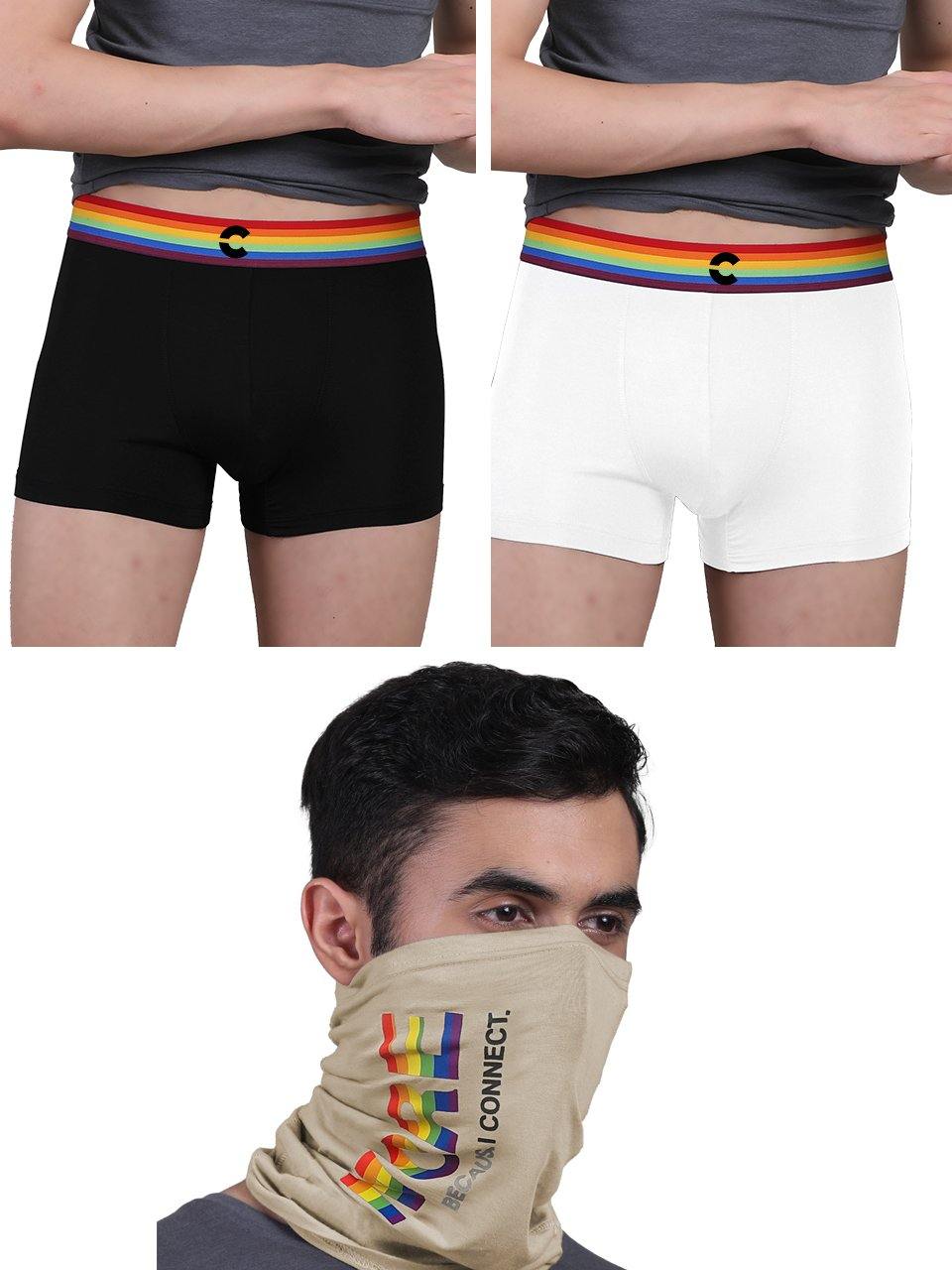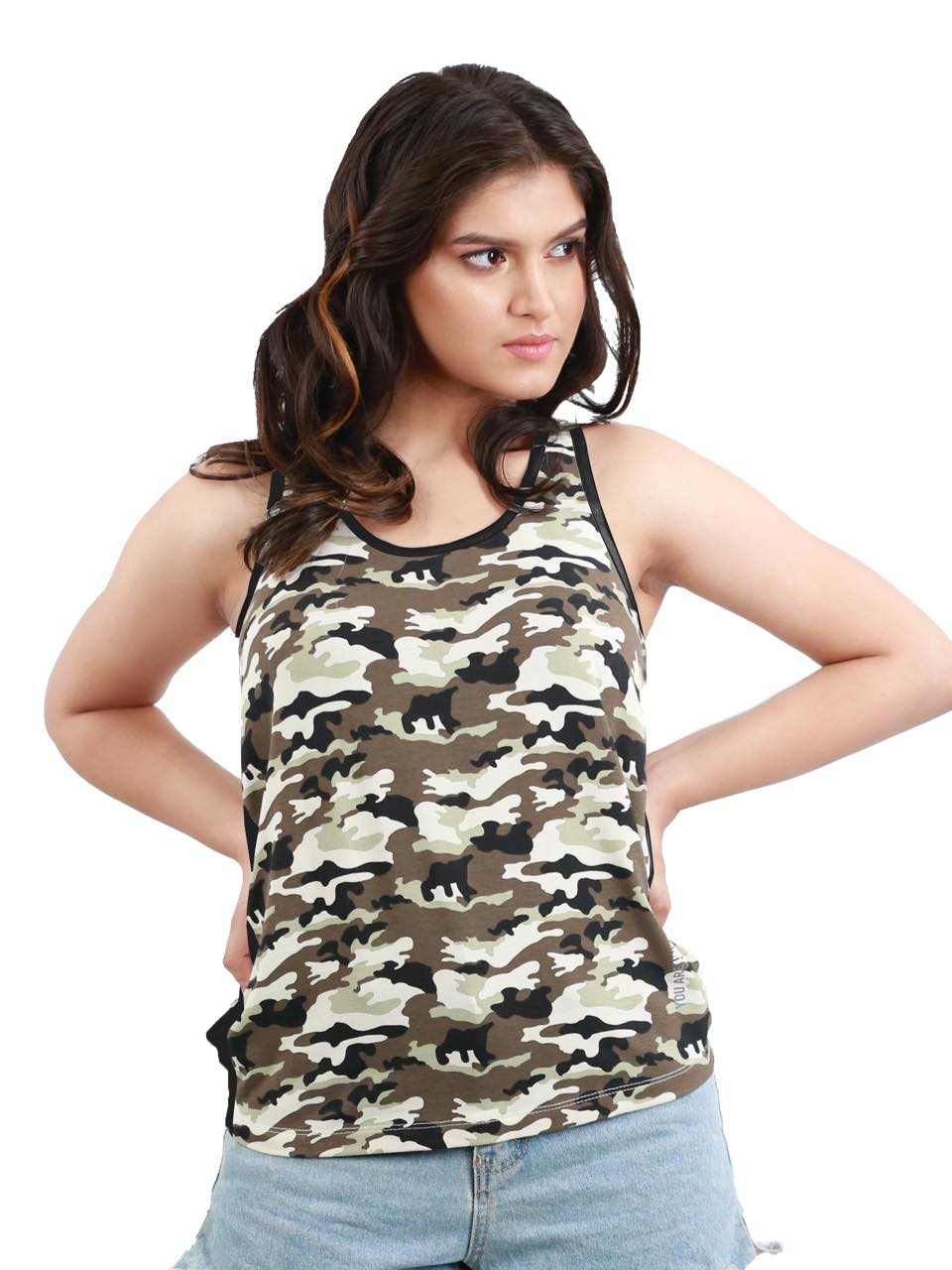Beyond fleeting fashion trends, the enduring appeal of the t-shirt rests on two pillars: comfort and resilience. Today's consumers, empowered by movements like sustainable fashion, demand more than just a stylish silhouette. They seek garments crafted from soft, breathable cotton that feels luxurious against the skin. Simultaneously, performance expectations are higher than ever; a t-shirt must withstand repeated washing and wear without losing its shape or integrity. This exploration delves into the science and sourcing behind exceptional t-shirts, examining the properties of premium cotton and innovative fabric construction techniques that deliver both unparalleled softness and remarkable durability. Get ready to unravel the secrets to a truly superior tee.

The Enduring Appeal of Cotton
Cotton, a natural fiber derived from the seedpod of the cotton plant, has been a cornerstone of textile production for millennia. Its widespread use stems from its inherent properties: softness, breathability. Affordability. These characteristics make cotton an ideal choice for clothing, particularly items like t-shirts that are worn directly against the skin.
Understanding Cotton's Softness
The softness of cotton is primarily attributed to the structure of its fibers. Under a microscope, cotton fibers appear as twisted ribbons. These twists create a larger surface area, allowing the fiber to absorb more moisture and air. This increased absorption results in a softer feel against the skin. Moreover, the natural waxes present in cotton fibers contribute to its smooth texture.
- Fiber Length Longer cotton fibers, such as those found in Egyptian and Pima cotton, produce smoother and softer fabrics. Shorter fibers tend to create a slightly rougher texture.
- Yarn Construction The way cotton fibers are spun into yarn also impacts softness. Ring-spun yarns, for example, are typically smoother and stronger than open-end yarns.
- Finishing Processes Processes like enzyme washing or silicon washing can further enhance the softness of cotton fabrics.
Durability: Beyond Just Softness
While cotton is celebrated for its comfort, its durability is equally vital, especially for everyday wear items like t-shirts. Several factors influence the longevity of a cotton garment:
- Fiber Quality Higher-quality cotton fibers, with their greater length and strength, result in more durable fabrics.
- Fabric Construction The weave or knit of the fabric significantly affects its resistance to wear and tear. Tightly woven fabrics, like twill, are generally more durable than loosely knit fabrics.
- Yarn Twist A tighter yarn twist increases the yarn's strength and abrasion resistance.
- Dyeing and Finishing The dyeing process and any subsequent finishing treatments can impact the cotton's durability. Reactive dyes, for instance, are known for their excellent colorfastness.
Types of Cotton and Their Impact on Quality
Not all cotton is created equal. Different varieties of cotton offer varying levels of softness, strength. Overall quality. Here's a brief overview of some common types:
- Upland Cotton This is the most widely cultivated type of cotton, accounting for the majority of global production. While it's generally more affordable, Upland cotton fibers are shorter than those of other varieties.
- Pima Cotton Known for its extra-long staple fibers, Pima cotton produces exceptionally soft and durable fabrics. It's often used in premium t-shirts and other high-end garments.
- Egyptian Cotton Another extra-long staple cotton, Egyptian cotton is renowned for its luxurious feel and exceptional strength. It's commonly used in high-thread-count sheets and fine apparel.
- Organic Cotton Grown without the use of synthetic pesticides or fertilizers, organic cotton is considered a more sustainable option. The fiber quality can vary depending on the specific variety and growing conditions.
Cotton Blends: Combining the Best of Both Worlds
To enhance the performance characteristics of cotton, it's often blended with other fibers, both natural and synthetic. These blends can offer improved durability, wrinkle resistance. Moisture-wicking properties. Here are a few common examples:
- Cotton-Polyester Blend This blend combines the comfort of cotton with the durability and wrinkle resistance of polyester. It's a popular choice for workwear and activewear.
- Cotton-Spandex Blend The addition of spandex (also known as Lycra or elastane) provides stretch and recovery, making this blend ideal for form-fitting garments and athletic apparel.
- Cotton-Modal Blend Modal is a semi-synthetic fiber derived from beech tree pulp. It's known for its exceptional softness, drape. Resistance to shrinking.
Real-World Applications: Where Cotton Shines
The versatility of cotton makes it suitable for a wide range of applications:
- Apparel From everyday t-shirts and jeans to formal dresses and suits, cotton is a staple fiber in the fashion industry. Its breathability and comfort make it a popular choice for warm-weather clothing.
- Home Textiles Cotton is widely used in bedding, towels. Upholstery. Its absorbency and softness make it ideal for these applications.
- Medical Textiles Cotton's hypoallergenic properties and absorbency make it suitable for medical bandages, gauze. Other healthcare products.
- Industrial Applications Cotton is used in certain industrial applications, such as in the production of tires and conveyor belts.
Care and Maintenance: Extending the Life of Your Cotton Tees
Proper care is essential for maintaining the softness and durability of cotton garments. Here are some tips:
- Washing Wash cotton items in cold or warm water using a mild detergent. Avoid using bleach, as it can weaken the fibers and cause discoloration.
- Drying Tumble dry on low heat or hang to dry. Over-drying can cause shrinkage and damage to the fibers.
- Ironing Iron cotton garments on a medium setting while slightly damp.
- Storage Store cotton items in a cool, dry place away from direct sunlight.
Sustainability and Ethical Considerations
The environmental and social impact of cotton production is a growing concern. Conventional cotton farming often involves the use of pesticides and fertilizers, which can harm the environment and human health. Moreover, labor practices in some cotton-producing regions have been criticized. Choosing organic cotton or cotton sourced from suppliers with fair labor practices can help mitigate these concerns. Look for certifications like GOTS (Global Organic Textile Standard) or Fair Trade to ensure responsible sourcing.
Fashion & Comfort: Finding the Perfect Balance
When selecting cotton t-shirts, striking a balance between fashion & comfort is key. Consider the fit, style. Color of the shirt. Also pay attention to the fabric quality and construction. Opt for higher-quality cotton or cotton blends for enhanced durability and a luxurious feel. Ultimately, the best cotton t-shirt is one that looks good, feels great. Stands the test of time. When choosing a T-shirt, consumers should consider the benefits of cotton combined with a polyester blend for a great balance of comfort and durability.
Conclusion
Ultimately, choosing a tee comes down to finding that perfect balance between supreme comfort and enduring quality. Don't just grab the cheapest option; invest in a tee made from soft, durable cotton. Think about it – a slightly pricier tee that lasts for years, resisting fading and wear, is far more economical than replacing flimsy tees every few months. I've personally found that paying a little extra attention to the fabric composition and construction details, like reinforced seams, makes a world of difference. Lately, I've been experimenting with eco-friendly dyes. The color retention is surprisingly impressive! So, go ahead, feel the fabric, read the labels. Choose a tee that will be your reliable companion for adventures to come. Dare to invest in quality; you deserve it!More Articles
Tees – Premium Comfort & Lasting StyleTees – Long Lasting Color & Pre-Shrunk Fabric
Women's Tank Top – Breathable Fabric & All-Day Comfort
Boxers for Women – Relaxed Fit & Breathable Cotton
FAQs
Okay, so 'soft cotton & durable fabric' sounds great. What kind of cotton are we talking about?
Good question! It usually refers to something like ringspun cotton or combed cotton. Ringspun is spun tighter, making it smoother and stronger. Combed cotton has undergone an extra process to remove short fibers, leading to a softer, less prone-to-pilling fabric. , it's a step above your basic t-shirt cotton.
How long will one of these tees actually LAST? I'm tired of shirts falling apart after a few washes.
That's the durable part we're talking about! While washing habits play a role (cold water is your friend!) , a good soft-and-durable tee should hold up for quite a while. Look for features like double-needle stitching on the hems and neck, which adds reinforcement. With proper care, you should get years of wear out of it, not just a season.
What's the best way to wash these things to keep them soft and prevent shrinkage?
Alright, listen up! Turn your tee inside out before washing. Use cold water (seriously, cold water!). Avoid harsh detergents and bleach. Tumble dry on low or, even better, hang it to dry. High heat is the enemy of soft cotton, causing shrinkage and fading. Treat it right. It'll treat you right!
Will the color fade easily?
It can. It doesn't have to! Again, cold water is key. Also, consider washing similar colors together. Some dyes are more prone to fading than others, especially darker colors, so a little extra care goes a long way. If you're really worried, look for tees that are 'colorfast' or 'pre-shrunk'.
Are these tees pre-shrunk? Because nobody likes a surprise shrinking act after the first wash.
Pre-shrunk is your best friend! Always check the product description. If it doesn't explicitly say 'pre-shrunk,' there's a good chance it might shrink a bit. Even pre-shrunk tees can shrink slightly, so still follow those washing instructions!
Okay, so soft and durable... But are they actually comfortable to wear in hot weather?
Absolutely! Cotton is breathable, which makes it a great choice for warm weather. Look for lighter-weight cotton (around 4-5 oz) for maximum breathability. A looser fit will also help with airflow and keep you cooler.
I've seen some cotton tees that are super thin. Are these 'durable' tees thick and heavy?
Not necessarily thick and heavy! Durable doesn't automatically mean bulky. The durability comes from the quality of the cotton fibers and the construction of the tee, not just the weight. You can have a lightweight tee that's still incredibly durable if it's made well. Check the fabric weight (in ounces) if you're concerned – a good sweet spot for both softness and durability is often around 4-6 ounces.





